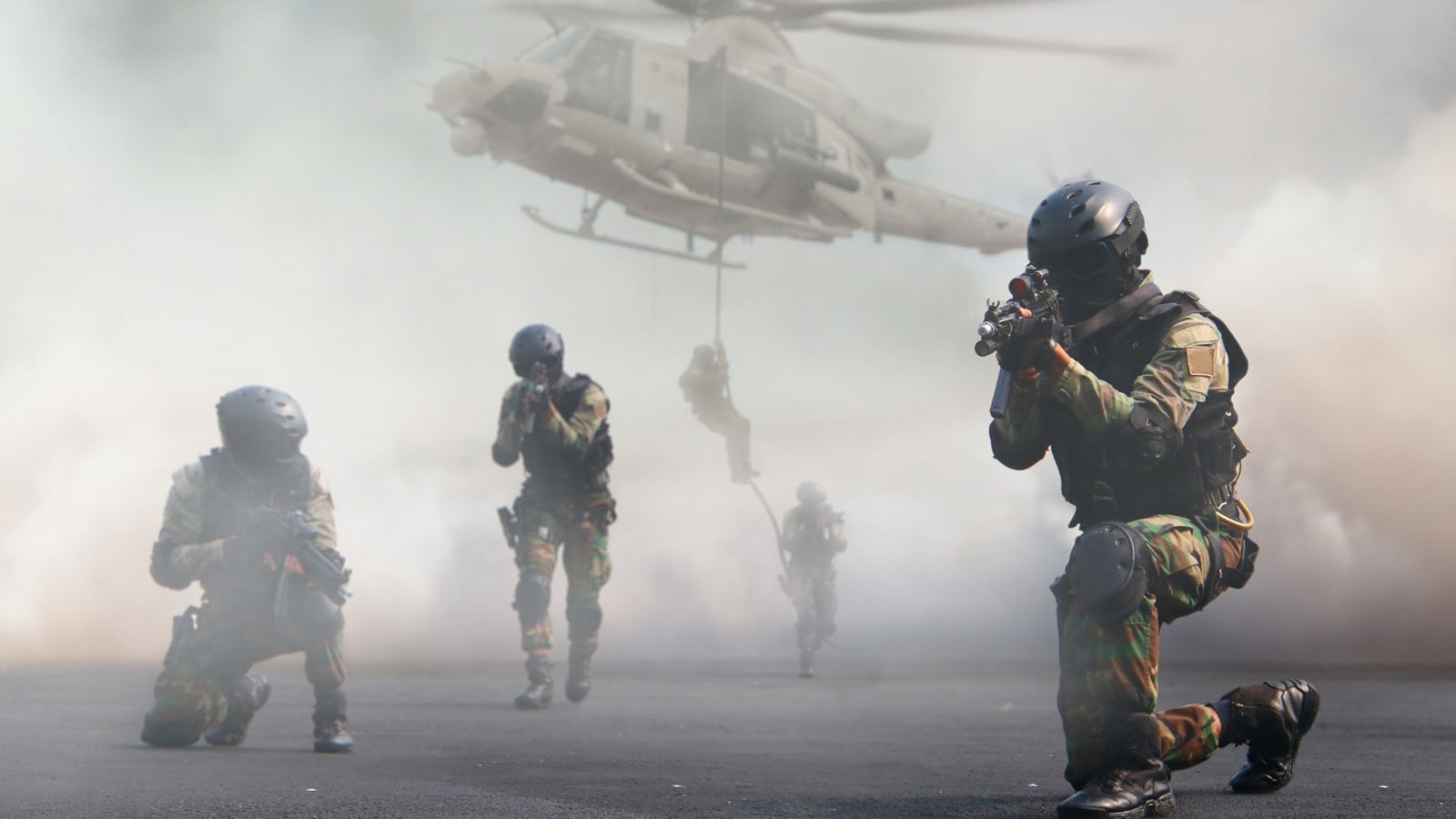ARTICLE AD BOX

Saad bin Atef al-Awlaki, the leader of al-Qaida's Yemen branch, has issued threats against U.S. President Donald Trump and billionaire Elon Musk over the Israel-Hamas war in Gaza, according to a half-hour video message released early Saturday (May 8), as reported by the Associated Press (AP). In his first video since assuming leadership of al-Qaida in the Arabian Peninsula (AQAP) last year, al-Awlaki also urged lone-wolf militants to target leaders in Egypt, Jordan, and Gulf Arab states, citing the devastation in Gaza.The report notes that the video featured images of Trump, Musk, Vice President JD Vance, Secretary of State Marco Rubio, Secretary of Defense Pete Hegseth, and logos of Musk’s companies, including Tesla. Al-Awlaki declared, “There are no red lines after what happened and is happening to our people in Gaza. Reciprocity is legitimate,” per the AP.Despite AQAP’s weakened state due to infighting and U.S. drone strikes, the group remains a significant threat, the AP reports, having been considered al-Qaida’s most dangerous branch since the 2011 killing of Osama bin Laden. Al-Awlaki, who has a $6 million U.S. bounty on his head, replaced Khalid al-Batarfi, whose death AQAP announced in 2024, according to the report.The AP report highlights that AQAP’s focus on the Israel-Hamas war mirrors the strategy of Yemen’s
Houthi rebels
, who have attacked Israel and commercial vessels in the Red Sea. The U.S. Navy has faced its most intense combat since World War II against the Houthis, the AP states. Al-Awlaki may be seeking to boost AQAP’s profile, with the group estimated by U.N. experts to have 3,000 to 4,000 fighters and supporters, funded through bank robberies, smuggling, and ransoms, per the report.
Mohammed al-Basha, a Yemen expert cited by the AP, noted, “As the Houthis gain popularity as leaders of the ‘Arab and Muslim world’s resistance’ against Israel, al-Awlaki seeks to challenge their dominance by presenting himself as equally concerned about the situation in Gaza.” He added, “For a national security and foreign policy community increasingly disengaged from Yemen, this video is a clear reminder: Yemen still matters.”



.png)
.png)
.png)
















 4 hours ago
4
4 hours ago
4









 English (US) ·
English (US) ·